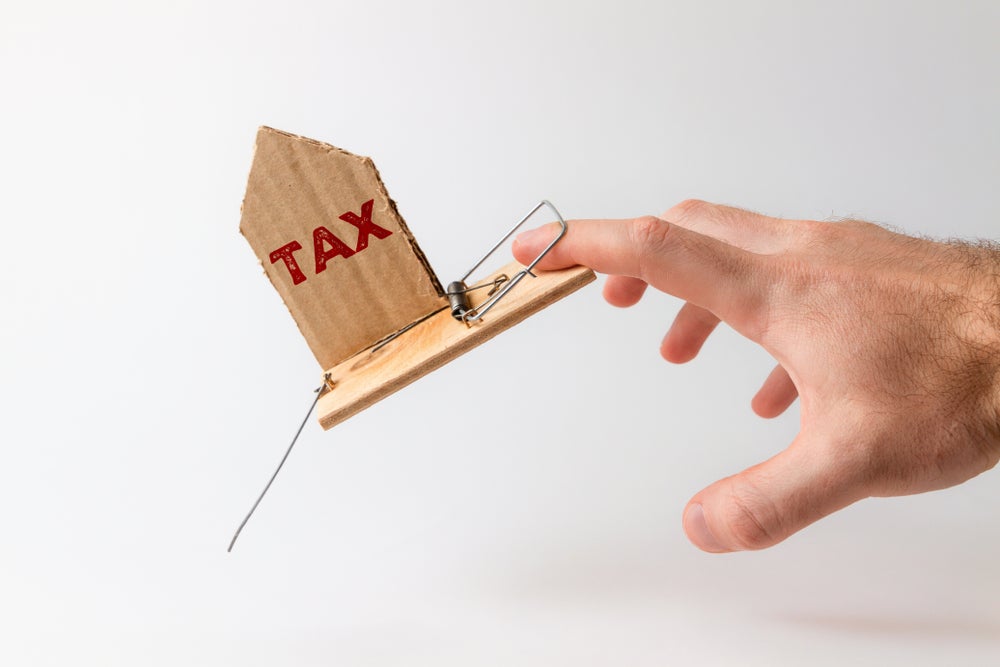horizon, warns expert
A longer endorsement process for
IFRS in the European Union could lead to more variations between
IFRS as adopted by the International Accounting Standards Board
(IASB) and IFRS as adopted by the EU, Stig Enevoldsen, the European
Financial Reporting Advisory Group Technical Experts Group (EFRAG
TEG) chairman, has warned.
At present, the only difference between the standards is a
segment of IFRS 39 – Financial Instruments.
Enevoldsen, who was speaking at PricewaterhouseCoopers’ Meet the
Experts event in London this month, said temporary carve-outs could
create confusion and uncertainty for preparers, users and auditors,
and perhaps mean more costly implementation.
EC regulation dictates that the IFRS it has voted to endorse is to
be used, whereas IFRS that has not been endorsed is not to be used.
The EC can stop endorsement by not putting new standards and
interpretations to a vote, Enevoldsen said.
There are a number of international standards and interpretations
that have been issued but not yet been voted on by the EC. Two were
issued in 2006: IFRS 8 – Segments, and International Financial
Reporting Interpretations Committee 12.
How well do you really know your competitors?
Access the most comprehensive Company Profiles on the market, powered by GlobalData. Save hours of research. Gain competitive edge.

Thank you!
Your download email will arrive shortly
Not ready to buy yet? Download a free sample
We are confident about the unique quality of our Company Profiles. However, we want you to make the most beneficial decision for your business, so we offer a free sample that you can download by submitting the below form
By GlobalDataEnevoldsen said that IFRS 8 and another standard yet to be
endorsed, IAS 23 – Borrowing Costs, are both adopted from US GAAP.
He echoed the sentiments of other speakers at the event by
suggesting a European reluctance to accept “alien” standards.
However, EFRAG is hopeful that IFRS 8 will be endorsed by the end
of the year.
Enevoldsen painted a picture of a global accounting profession in
which the IASB is being pressured by the European Union on one side
and the US on the other, with the US Securities and Exchange
Commission doing the interpretations.
“It’s a matter of politics now,” he warned. “It’s in the hands of
politicians, which is worrying if what you want is a single set of
global standards.”





